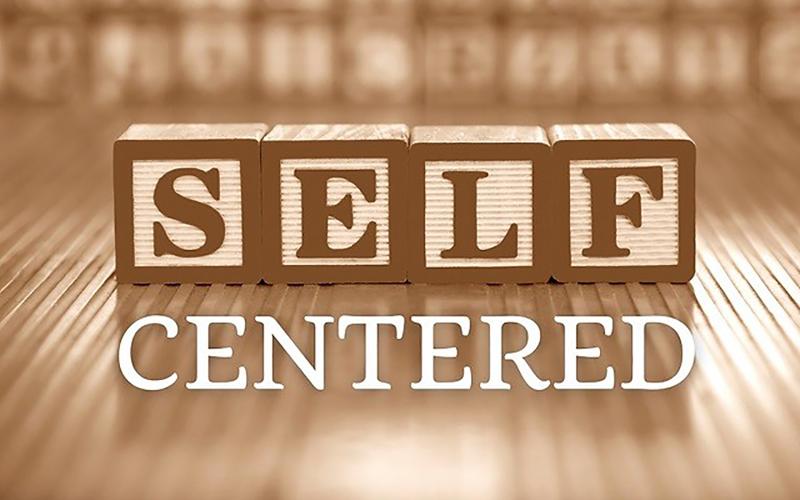
The reality is clear: Americans are having fewer kids. In 2023, America had 2% fewer births than in 2022, hitting a record low, according to newly released finalized data from the Centers for Disease Control and Prevention. While Americans haven’t had enough kids to keep population levels stable for decades, there has been a steep decline in recent years: The number of 2023 births was 17% lower than the number of births in 2007.
Yet at the recent Democratic National Convention, Planned Parenthood provided free vasectomies and abortion pills. An 18-foot inflatable IUD, a type of birth control device, was placed on display near the convention by Americans for Contraception.
America’s Future Is Filled With Seniors, Not Children
A shrinking population doesn’t bode well for any nation. A smaller tax base will affect government spending and benefits or lead to increased taxes, and fewer workers will create economic challenges. “Low U.S. fertility combined with an aging population have the potential to generate significant headwinds to economic growth,” admitted the Biden administration in a brief this March.
Yet a shrinking population is what we’re on track for. By 2029, there will be more seniors, adults 65 or older, than children in the United States, according to a Novembe ...



